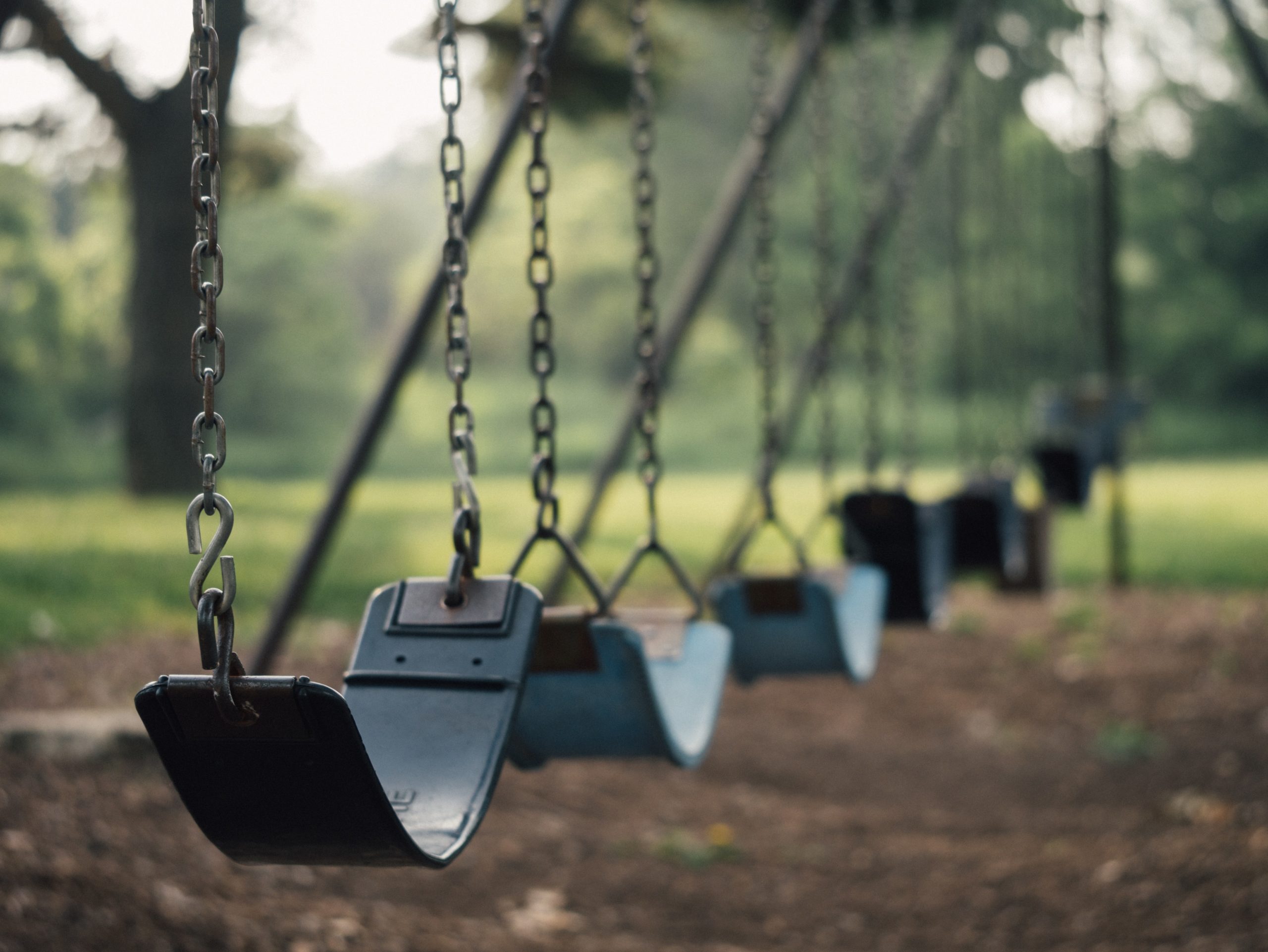How to Talk to Kids about Gun Violence

As the country faces the unfathomable horrors of yesterday’s shooting at Robb Elementary School, in Uvalde, Texas, many of you have children who are looking for guidance and comfort. How can you support them when you are navigating your own sense of shock and grief? Here are ten ways to help:
1. Open the conversation and find out what your child already knows.
Ask your children to share what they know and listen for any misconceptions. Calmly and gently provide age-appropriate, accurate information.
2. Encourage questions and answer them directly while listening for underlying fears.
Some of these questions may be hard. Listen carefully and avoid dismissing them. Children may have questions about their own safety or safety of others. You can answer questions about the shooting truthfully while also reiterating that you are confident about your family’s own safety.
3. “I don’t know” is okay.
It is okay not to have all the answers or not know the right thing to say. Children mostly need you to listen, accept their feelings and show you care.
4. Avoid stereotyping the perpetrator.
Try not to be tempted into “making sense” of the mass murder based on the profile of the shooter. Making assumptions based on age, race, ethnicity, gender, mental health status or anything else can increase fear, prejudice and hatred.
5. Limit media exposure.
Children often see and hear media even when you think they aren’t paying attention. In addition, limiting your own media exposure will also help mitigate your own distress.
6. Identify human goodness.
Counter the horror of the gunman’s actions with empathy for the victims and their families, gratitude for the swift actions of first responders and other heroes at the scene, and appreciation for the outpouring of support from around the world. Remind your child of all the good in people.
7. Continue normal routines.
Maintaining your children’s normal schedule can help resume a sense of normalcy, provide reassurance, and promote mental and physical health. Without increasing their responsibilities, hold them accountable for regular activities, but don’t push them if they show signs of being overwhelmed.
8. Anticipate and be patient with reactions to trauma.
Some common reactions may be poor concentration, irritability, defiance, separation anxiety, general anxiety, sleep and appetite disturbances. Be patient with your children and keep the dialogue open. Teens may find it particularly challenging to open the conversation and ask questions. Look for natural times to open a discussion.
9. Take care of yourself.
Just like in an airplane, where in case of emergency you need to secure your own oxygen mask before attending to your child, you can best help your child when you take care of yourself. Engage support from friends and family, stick to healthy routines, practice deep breathing, and engage in stress-reducing activities.
10. Seek professional support for your children and/or yourself.
See your primary care giver if you have any concerns about physical health or a clinical mental health counselor if anxiety or other symptoms of trauma persist. Counselors at Vertex Counseling and Wellness & Wellness are trained in trauma-informed care. Contact us to learn more and schedule an appointment. We look forward to supporting your family.
by Lisa Isenman, LGPC intern
https://www.adl.org/resources/tools-and-strategies/discussing-hate-and-violence-children
https://www.adl.org/resources/tools-and-strategies/gun-violence-and-mass-shootings
https://childmind.org/guide/helping-children-cope-after-a-traumatic-event
https://www.nctsn.org/resources/parent-guidelines-helping-youth-after-recent-shooting
